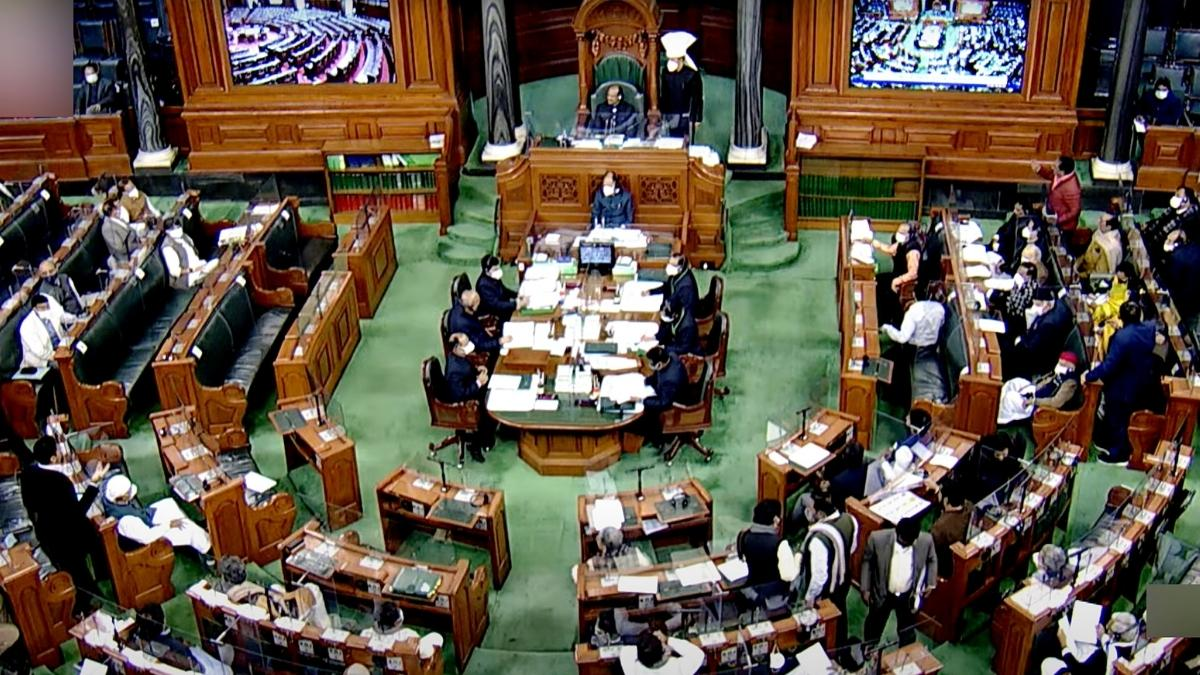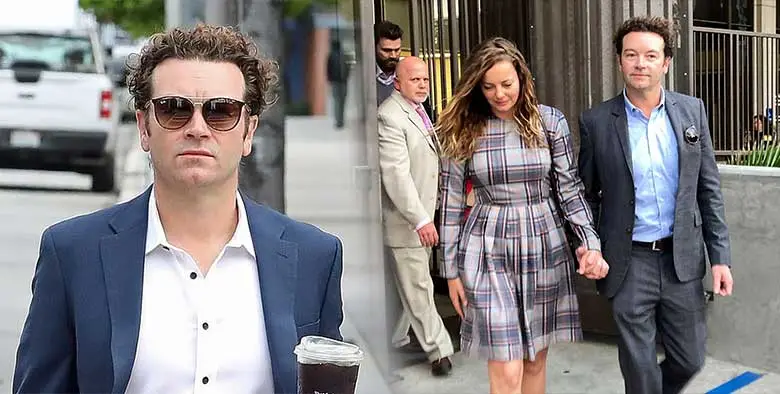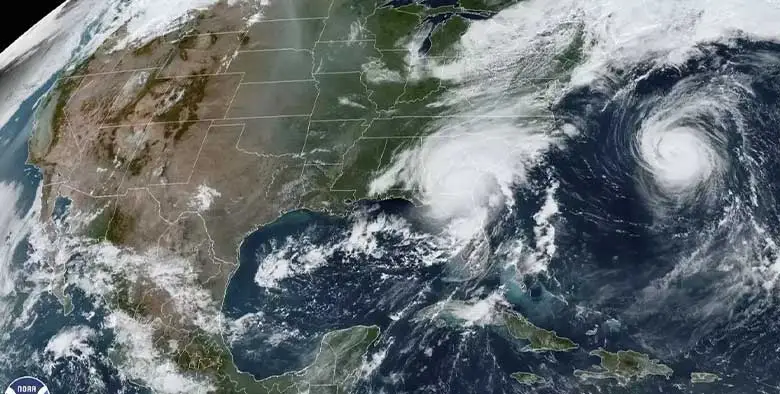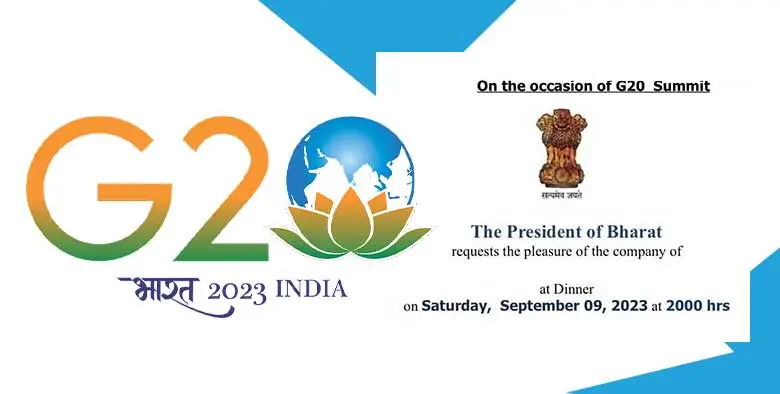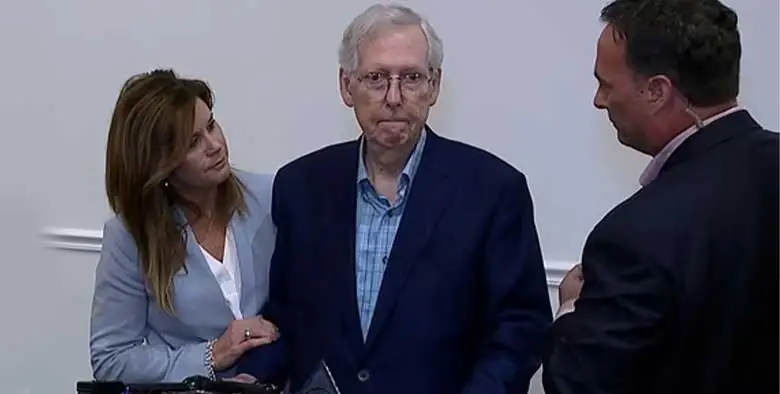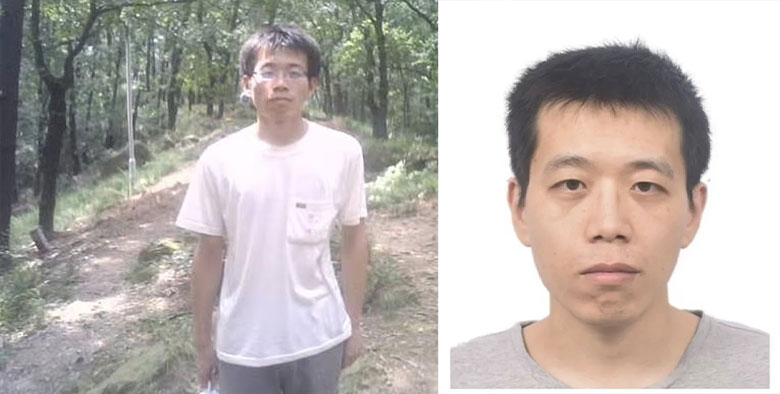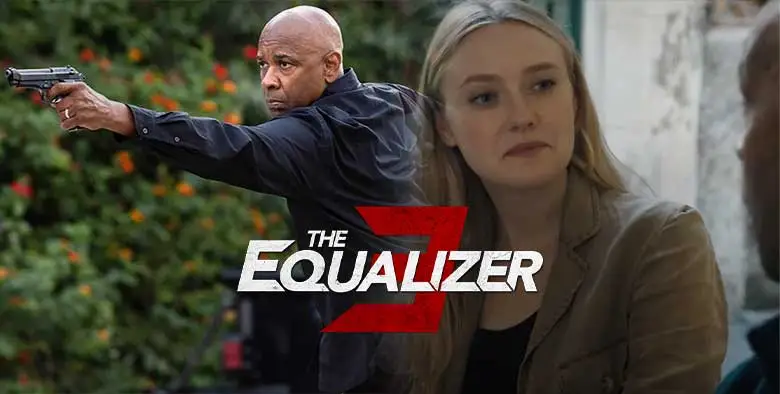From Jumlajeevi To Shakuni, These Words Can No More Be Used In Parliament
A few days before the Parliament's monsoon session, the Lok Sabha secretariat issued a booklet comprising banned words and phrases inside the parliamentary premises.
According to the list, words like ‘Jumlajeevi’, ’Baal Buddhi’, ‘Covid Spreader’, ‘Turram Khan’, ‘Shakuni’, ’Dictatorial’, ‘Anarchist’, ‘Vinash’, ‘Purush’, and many other words will no more be acceptable in parliamentary speeches.
With the roll out of the list, the opposition slammed out the list as a ‘Gag order’ intentionally passed to shield the Narendra Modi government against ‘criticism and hard-hitting truths’.
In a tweet, former Congress chief Rahul Gandhi shared the meaning of ‘unparliamentary’ as “Words used in discussions and debates which correctly describe the PM’s handling of the government, now banned from being spoken,”
https://twitter.com/RahulGandhi/status/1547487244063125504
“Session begins in a few days. GAG ORDER ISSUED ON MPs. Now, we will not be allowed to use these basic words while delivering a speech in #Parliament: Ashamed. Abused. Betrayed. Corrupt. Hypocrisy. Incompetent. I will use all these words. Suspend me. Fighting for democracy”.
https://twitter.com/derekobrienmp/status/1547407541788762112
What Are Unparliamentary Expressions?
There are hundreds of words and phrases, both in English and other Indian languages, that are derogatory. Therefore, to check the use of such terminologies, the Presiding Officers- Speaker of Lok Sabha and Chairperson of Rajya Sabha - have the responsibility to keep these terms out of Parliament’s records. For their reference and assistance, the Lok Sabha Secretariat has issued a booklet under the title of Unparliamentary Expressions.
The booklet contains several words and phrases that would probably be considered rude or offensive in different cultures. The proceedings in state legislators are also guided in the same manner. Here, the Vidhan Sabhas and Vidhan Parishads of India take references from the parliamentary booklet.
“The first edition of the book was published in 1999. In the first edition, the references were taken from debates and phrases declared unparliamentary by the pre-independent Central Legislative Assembly, the Constituent Assembly of India, the Provisional Parliament, the first to the tenth Lok Sabhas and Rajya Sabha, state legislatures, and commonwealth parliaments like that of the United Kingdom,” said GC Malhotra, former Lok Sabha Secretary General, in his interview with a leading newspaper agency.
GC Malhotra headed the editorial board responsible for publishing the 2004 edition. During his tenure as the head of the editorial board, he stated: “Depending upon rulings of the presiding officers, new words and phrases continue to be added to the list at regular intervals”.
Which Constitutional Provision Restricts Use Of Derogatory Words In Parliamentary Speeches?
According to Article 105(2) of the constitution: ‘No Member of Parliament (MP) shall be liable to any proceedings in any court in respect of anything said or any vote given by him in Parliament or any committee thereof’. This constitutional provision clearly indicates that MPs do not enjoy the freedom to say whatever they want inside the Bicameral House.
Which Are Other Provisions Available For Restricting MPs Freedom Of Speech?
According to rule books, whatever an MP speaks inside the parliamentary house is subject to the discipline of the Rules of Parliament, the common sense of MPs, and the control of proceedings by the Speaker.
Restrictions on MP's freedom of speech ensure that MPs cannot use undignified words inside the Parliament. For this purpose, the Rules of Procedure and Conduct of Business in Lok Sabha have two provisions, which are described as follows:
Rule 380: If the Speaker is of the opinion that words have been used in the debate which are defamatory or indecent or unparliamentary or undignified, the Speaker may, while exercising discretion, order that such words be expunged from the proceedings of the House.
Rule 381: The portion of the proceedings of the House so expunged shall be marked by asterisks, and an explanatory footnote shall be inserted in the proceedings as follows: ‘Expunged as ordered by the Chair’.
Unparliamentary Words
The recently banned words involves:
English Terms: Bloodshed, Bloody, Ashamed, Abused, Cheated, Childishness, Corrupt, Coward, Criminal, and Crocodile Tears.
Hindi Terms: Gaddar, Chamcha, Chamchagiri, Chela, Girgit, Gunda, Ghadiyali Aasu, Apmaan, Jumlajeevi, Kala Din, Kala Bazaari, Bechara, Vishwasghat, Samvedanheen, Pithhu, Behri Sarkaar, among others.